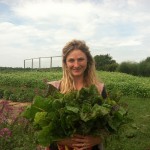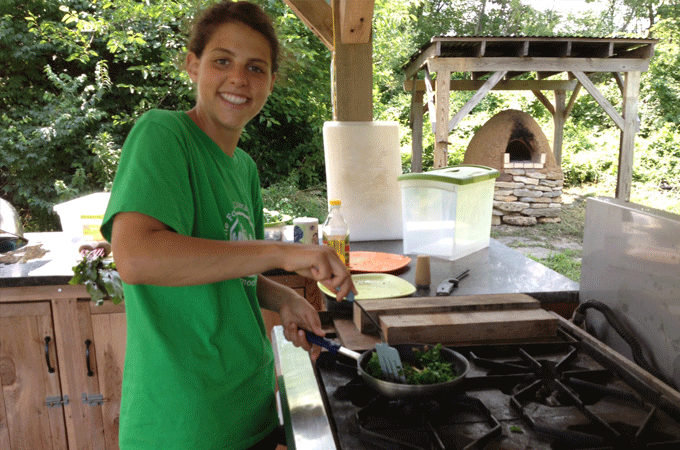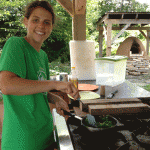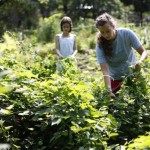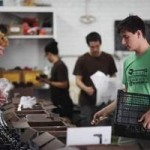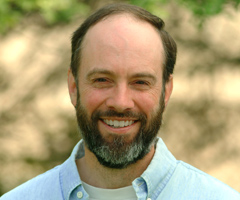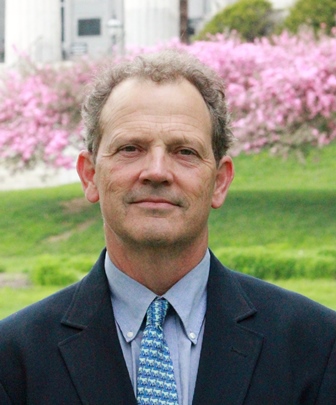Sophie is thrilled to be back at Middlebury College, returning nine years after an internship at the College Organic Farm. She has spent most of her life in the wider world of food and wine, where she has worked for wineries and various garden, farm and food organizations. Sophie has a masters in Food Culture and Communications from the University of Gastronomic Sciences. She works closely with students, faculty, staff, as well as the broader food community, on numerous food initiatives. The strengthening of communities is what excites Sophie the most about food systems and is a big part of why she is so thrilled about the Middlebury College FoodWorks program


